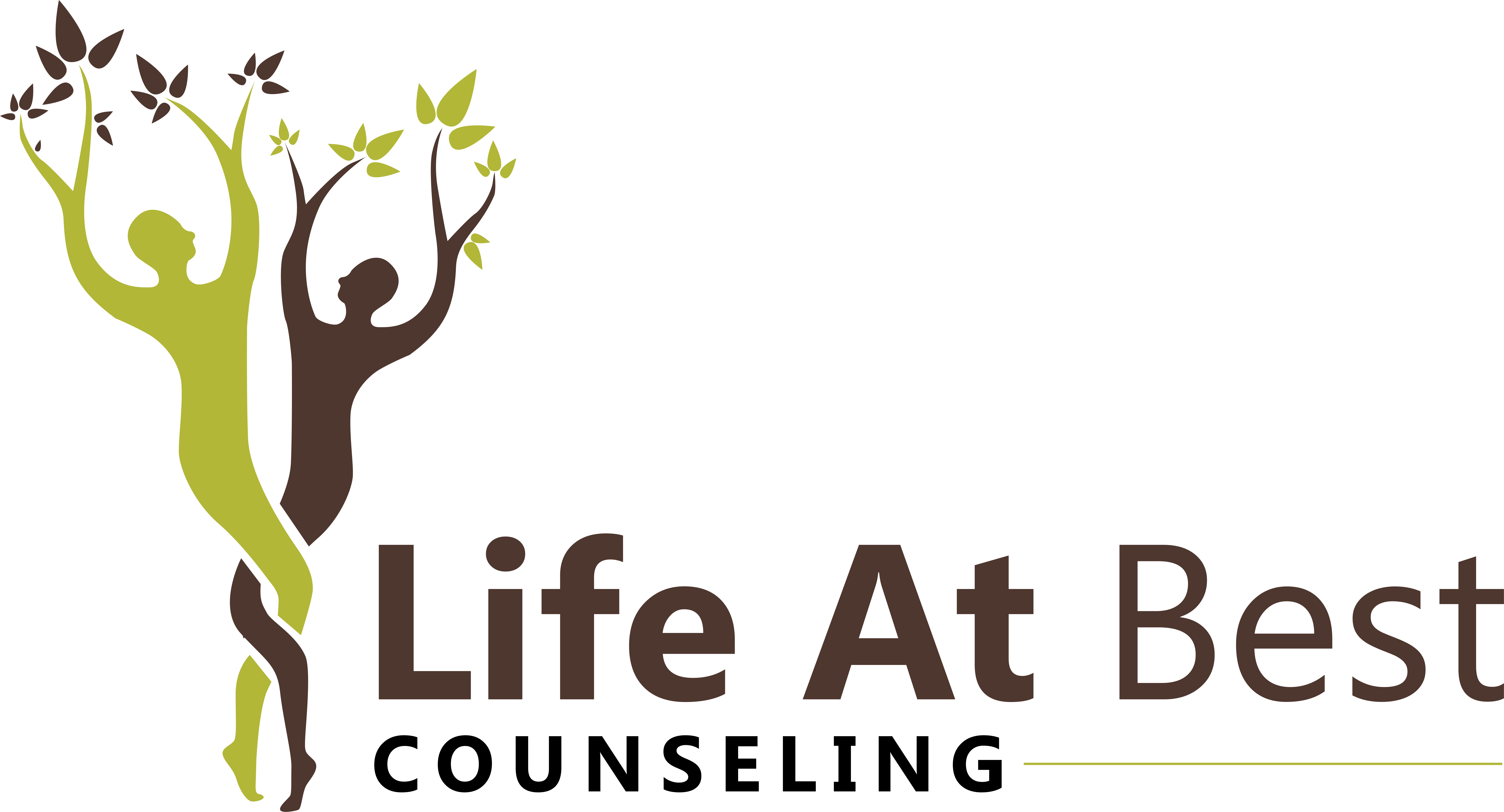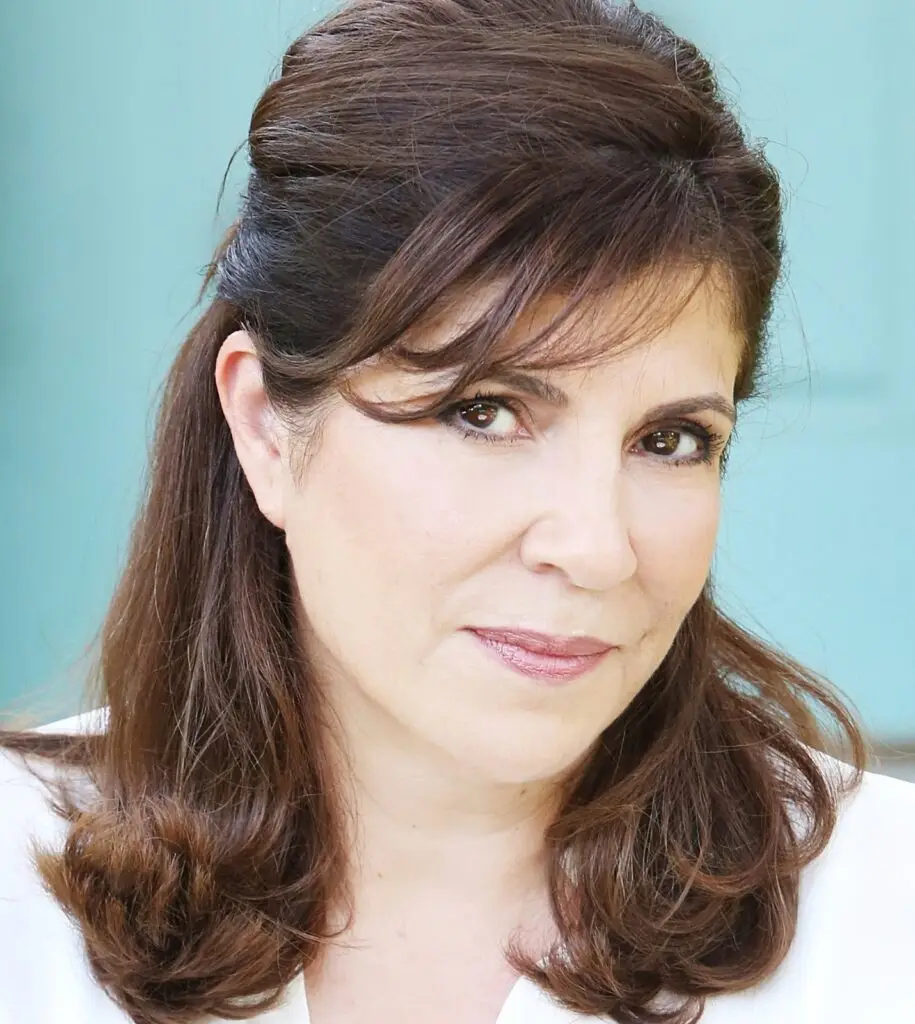Introduction
Self-awareness is the cornerstone of personal growth and emotional well-being. As a psychotherapist, I have witnessed firsthand the transformative power of self-awareness in my clients’ lives. This blog post will delve into what self-awareness is, why it matters, and practical strategies to cultivate it.
Personal Insights and Experiences
My journey into self-awareness began long before I became a therapist. I vividly remember a moment in my early 20s when I realized that I was living on autopilot, reacting to life rather than actively participating in it. This realization was both startling and liberating. It set me on a path of self-discovery that continues to this day.
In my practice, I see clients who come in feeling stuck, overwhelmed, or disconnected from themselves. Through the process of becoming more self-aware, they often experience profound shifts. They begin to understand their patterns, recognize their triggers, and make more intentional choices.
What is Self-Awareness?
Self-awareness is the ability to see yourself clearly and objectively through reflection and introspection. It involves understanding your emotions, strengths, weaknesses, thoughts, and beliefs. There are two types of self-awareness:
- Internal Self-Awareness: Knowing your inner state and how you relate to the world.
- External Self-Awareness: Understanding how others see you and how you fit into the broader context.
Why Self-Awareness Matters
- Emotional Regulation: Self-aware individuals can manage their emotions better, leading to healthier relationships and decision-making.
- Personal Growth: It helps identify areas for improvement and personal development.
- Better Relationships: Understanding yourself allows for more authentic connections with others.
- Enhanced Decision Making: Self-awareness leads to more informed and conscious choices.
Techniques and Strategies for Cultivating Self-Awareness
- Mindfulness Meditation: Practice mindfulness to stay present and observe your thoughts and feelings without judgment.
Example: Spend 5-10 minutes daily focusing on your breath and noting any thoughts or emotions that arise without getting caught up in them.
- Journaling: Write regularly about your thoughts, feelings, and experiences to gain insights into your patterns and behaviors.
Example: Keep a daily journal where you reflect on what happened, how you felt, and why you think you felt that way.
- Feedback from Others: Seek constructive feedback from trusted friends, family, or colleagues to understand how others perceive you.
Example: Ask a close friend to describe how they see you handling stress and compare it with your self-perception. - Therapy and Counseling: Engage in therapy to explore deeper aspects of yourself with the guidance of a professional.
Example: Regular therapy sessions can help uncover unconscious patterns and provide a safe space for self-exploration. - Self-Reflection: Take time to reflect on your experiences and what they reveal about you.
Example: At the end of each day, spend a few minutes reflecting on your actions and what motivated them.
Client Testimonials
Testimonial 1: “Through therapy, I learned to recognize my triggers and understand the underlying reasons for my reactions. This awareness has changed how I interact with my family and manage stress.” – A.B.
Testimonial 2: “Journaling helped me see patterns in my behavior that I was unaware of. It’s been a game-changer for my personal growth.” – J.C.
Professional Insights and Philosophy
In my practice, I emphasize the importance of self-awareness as a foundation for all therapeutic work. It is the first step towards meaningful change and personal growth. By understanding ourselves, we can navigate life’s challenges with greater resilience and authenticity.
Conclusion
The journey to self-awareness is ongoing and deeply personal. It requires patience, courage, and a commitment to self-discovery. By incorporating the strategies outlined above, you can begin to see yourself more clearly and live a more intentional and fulfilling life.
If you are struggling with emotional regulation or any issues that self-awareness can help with, I invite you to reach out to me at 512-815-2828 for a 20-minute complimentary phone conversation. Let’s discuss your challenges and how we can work together to enhance your self-awareness and improve your emotional well-being.
For more information about my practice, click on the links:
Read Related Blogs
The Power of Looking Within: Understanding the Stories We Tell Ourselves
How to Strengthen Your Marriage – Key Support Strategies for Couples
Psychotherapist’s Guide: How to Negotiate with Your Teenager







